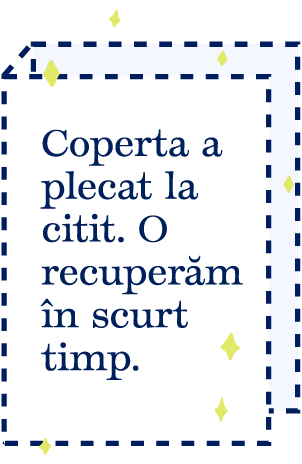Vicarious Language: Gender and Linguistic Modernity in Japan Volume 11

Vicarious Language: Gender and Linguistic Modernity in Japan Volume 11
216.69Lei
216.69Lei
Indisponibil
Descrierea produsului
Detaliile produsului

Cosul tau de cumparaturi a fost actualizat!

216.69Lei
216.69Lei
Indisponibil
Descrierea produsului
Detaliile produsului
Noi suntem despre carti, si la fel este si
Newsletter-ul nostru.
Aboneaza-te la vestile literare si primesti un cupon de -10% pentru viitoarea ta comanda!
*Reducerea aplicata prin cupon nu se cumuleaza, ci se aplica reducerea cea mai mare.

